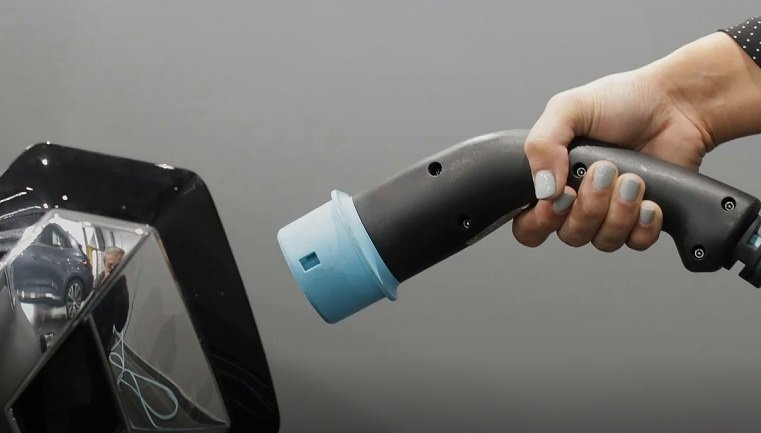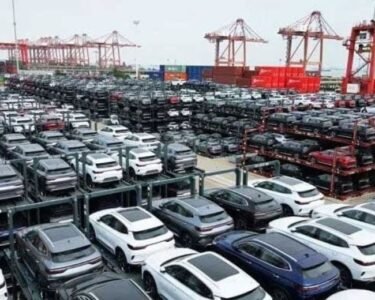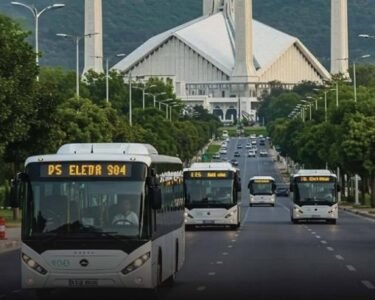In a transformative step toward clean and sustainable mobility, the Federal Government of Pakistan has officially launched the Electric Vehicles (EV) Policy 2025, aimed at reducing fuel dependency, slashing carbon emissions, and fostering local EV manufacturing. The policy outlines a five-year roadmap to transition Pakistan’s transport sector toward electric alternatives, reinforcing the country’s long-term environmental and economic goals.
Massive Petrol Savings & Environmental Benefits
The EV Policy 2025 is expected to generate massive economic savings by reducing annual petrol consumption by 2.7 billion litres, saving an estimated $1 billion annually in oil import costs. This shift will not only help the country curb its growing trade deficit but also improve urban air quality and public health.
Rs9 Billion Subsidy for Electric Bikes and Rickshaws
A core component of the policy is the allocation of Rs9 billion in subsidies for electric bikes (e-bikes) and electric rickshaws (e-rickshaws) in the upcoming fiscal year. The government plans to introduce over 116,000 e-bikes and 3,100+ e-rickshaws under this scheme. In a progressive move, 25% of this quota is reserved for women, promoting gender inclusion in green mobility.
Focus on Local Manufacturing and Job Creation
The policy emphasizes local production, with a 90% localization target for e-bikes and e-rickshaws. This initiative is expected to boost the domestic auto industry, create new employment opportunities, and reduce manufacturing costs through indigenous innovation.
Infrastructure Development Underway
To support the transition, the first phase will see the establishment of 40 EV charging stations nationwide, along with battery-swapping stations to ensure convenience for users without dedicated home chargers.
Government Commitment and Fast-Track Implementation
Prime Minister Shehbaz Sharif, during a recent high-level meeting in Lahore, directed concerned departments to accelerate EV adoption and infrastructure development. He emphasized the urgency of establishing robust EV manufacturing facilities, especially for two- and three-wheelers, and finalizing the EV Policy framework without delay.






